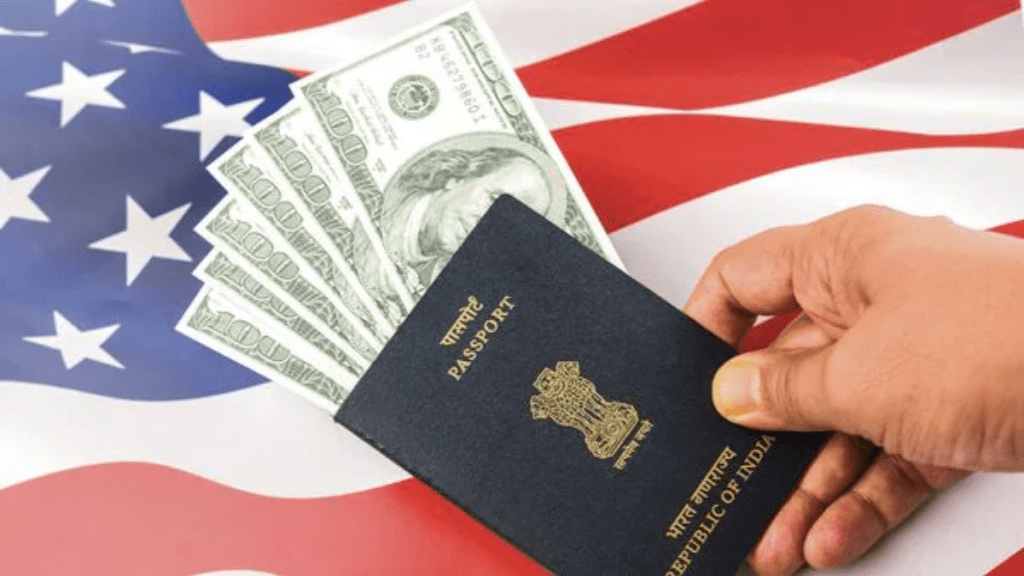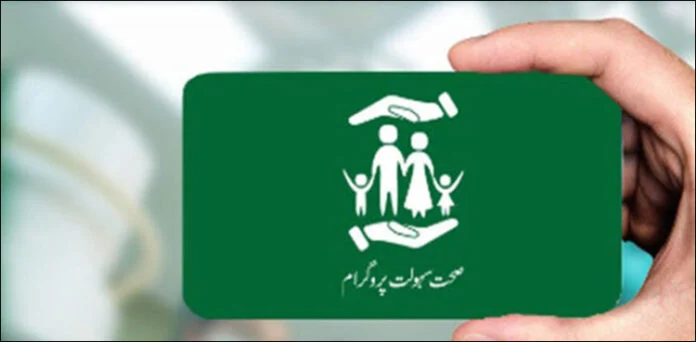
Germany is one of the top destinations for foreign workers due to its thriving economy and numerous job opportunities for skilled professionals. For individuals who wish to explore employment prospects in Germany without having a job offer in hand, the Job Seeker Visa is a viable immigration option. This visa allows non-EU nationals to enter Germany and search for employment within a set period, typically six months. If you secure a job during this time, you can apply for a work visa and residence permit to stay longer in the country.
What is the Germany Job Seeker Visa?
The Job Seeker Visa for Germany is a temporary residence permit that enables individuals to enter the country and search for employment. With this visa, you can stay in Germany for up to six months to find a job, after which you may apply for a work visa if you have secured employment.
If you have already received a job offer and signed a contract, you do not need the Job Seeker Visa and can directly apply for a work visa.
Additionally, if you’re uncertain about securing a job, you may consider the German Opportunity Card, which grants non-EU nationals up to one year to look for work while allowing them to take part-time or trial work during their stay.
Do You Need a Job Seeker Visa?
You need a Job Seeker Visa if you are not a citizen of the following countries:
- EU/EEA nations
- Switzerland
- Australia, New Zealand, South Korea, Israel, Japan, Canada, and the USA (for which a residence permit is required to work in Germany).
Requirements for a Germany Job Seeker Visa
To apply for a Job Seeker Visa, you must meet the following requirements:
- Completed Application Form: Fill out and sign the visa application form.
- Valid Passport: Submit a passport issued within the last ten years, with at least two blank pages and three months of validity beyond your stay in Germany (some embassies may require a longer validity).
- Passport-sized Photographs: Include photos according to the embassy’s specific guidelines.
- Proof of Accommodation: Provide evidence of your accommodation arrangements, such as a hotel reservation or rental agreement. If staying with family or friends, include an invitation letter.
- Proof of Financial Resources: Demonstrate that you can support yourself during your stay by submitting a blocked account with a balance of at least €947 per month or a commitment declaration from a host who will cover your expenses.
- Health Insurance: Provide proof of valid health insurance that meets Germany’s requirements, covering a minimum of €30,000 for medical emergencies.
- Academic Qualifications: Submit your academic credentials, such as university degrees, certificates, and transcripts.
- Recognition of Qualifications: Your academic qualifications must be recognized in Germany. You can verify this through the Anabin database or submit a declaration of comparability from the ZAB (Central Office for Foreign Education).
- Resume: Include an updated CV with detailed information about your academic background and professional experience.
- Cover Letter: Provide a cover letter explaining your motivation for applying for the visa and your plans during your stay in Germany.
Application Process
To apply for the Job Seeker Visa, you must submit your application at the nearest German embassy, consulate, or visa application center in your home country. In some cases, you may need to submit your application at the embassy of a neighboring country if Germany does not have a representative office in your home country.
Processing Time and Fees
The processing time for a Job Seeker Visa typically ranges from 4 to 6 weeks. The visa fee is €75, and it is usually payable in cash at the embassy, with the possibility of conversion to local currency.
Validity of the Job Seeker Visa
The visa is valid for six months. It is essential not to overstay this period, as doing so could lead to penalties.
Bringing Your Family
You are generally not allowed to bring your family with you on a Job Seeker Visa. However, if you find employment and transition to a work visa, you may be able to apply for family reunification for your spouse and children.
Can You Extend the Job Seeker Visa?
The Job Seeker Visa cannot be extended. Once it expires, you must return to your home country. However, if you find a job during your stay, you can apply for a work visa and extend your stay in Germany.
Converting the Job Seeker Visa to a Work Visa
If you secure a job while in Germany on the Job Seeker Visa, you can apply for a work visa, EU Blue Card, or residence permit for qualified professionals. The application for a work visa or residence permit must be made at the local Foreigners’ Authority (Ausländerbehörde).
Language Requirements
There is no mandatory language requirement for the Job Seeker Visa. However, learning German is highly encouraged as it significantly increases your chances of finding employment. If your profession requires vocational training, proof of language proficiency at level B2 (CEFR) may be necessary.
Job Search Success Rate
The success of finding a job during your stay on a Job Seeker Visa depends on various factors, including your language skills, qualifications, and work experience. It is recommended to start job hunting before you arrive in Germany, allowing you to have a head start in your job search.
Can You Work with a Job Seeker Visa?
Generally, you cannot work on a Job Seeker Visa. However, in some cases, you may be allowed to engage in part-time or trial work for a potential employer. It is essential to coordinate with your employer and the local immigration office before starting any employment.
Conclusion
The Job Seeker Visa is an excellent pathway for qualified professionals who wish to explore career opportunities in Germany. By meeting the eligibility criteria, submitting the required documents, and planning ahead, you increase your chances of successfully obtaining a work visa and settling in Germany long-term.


















